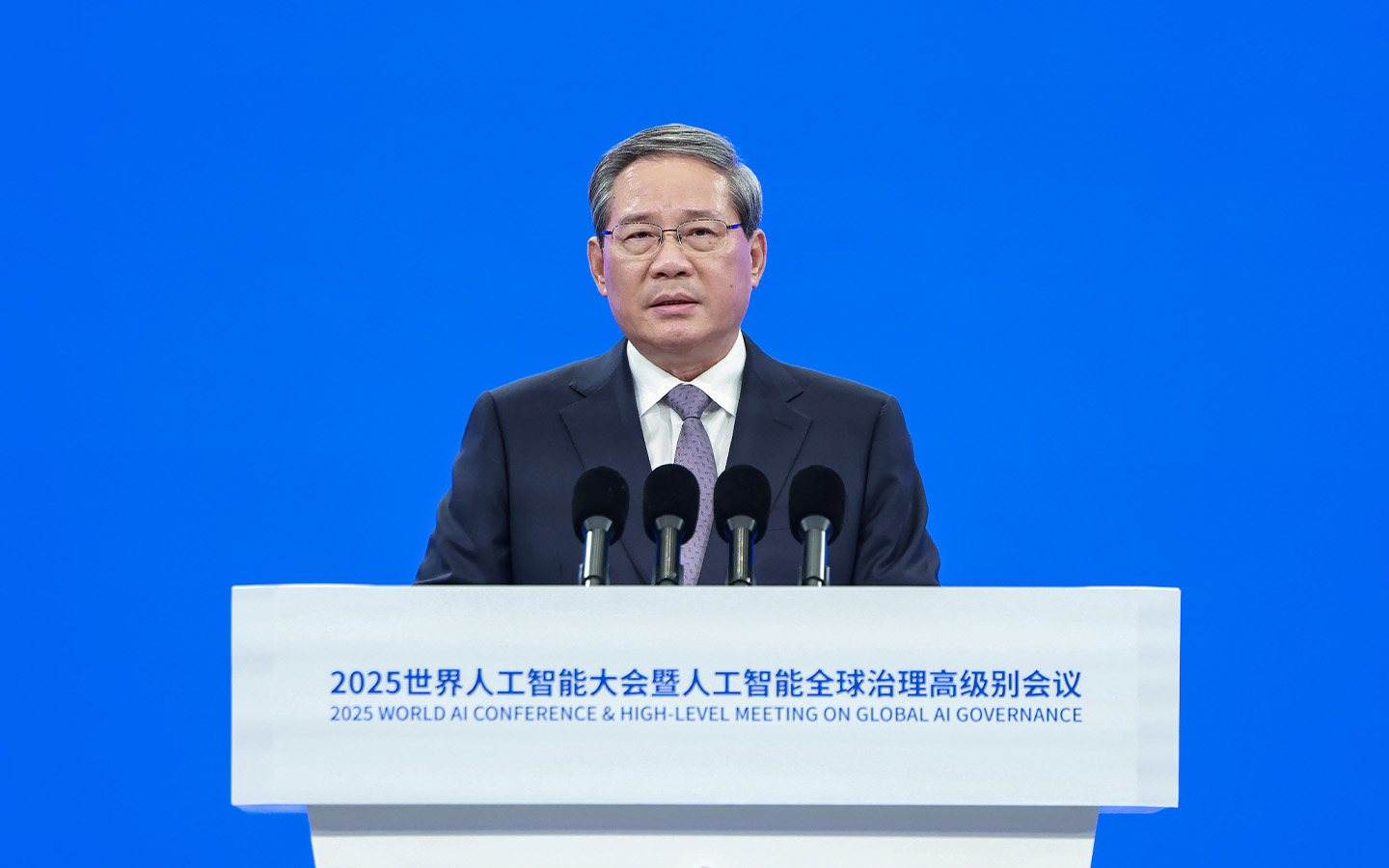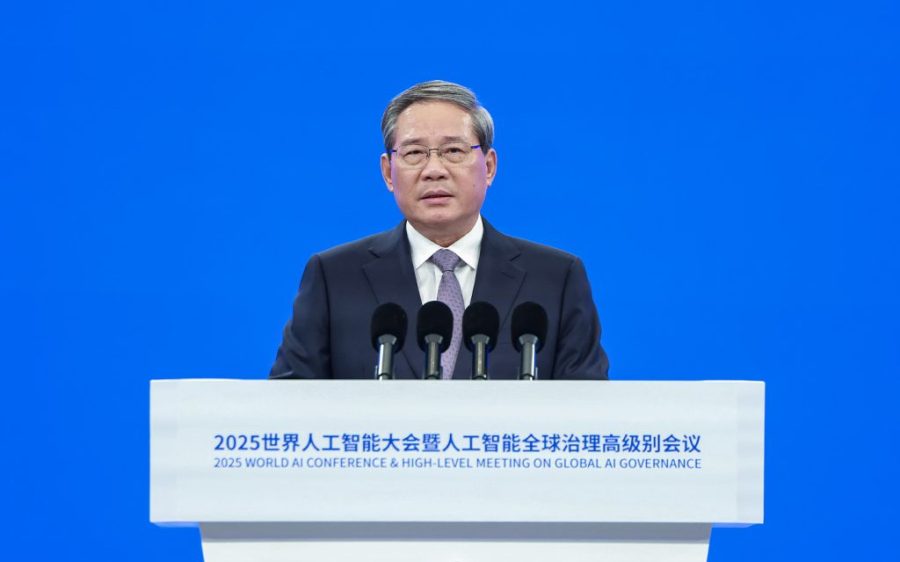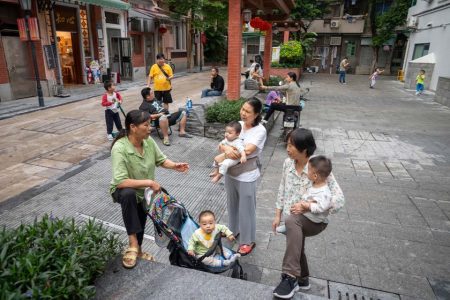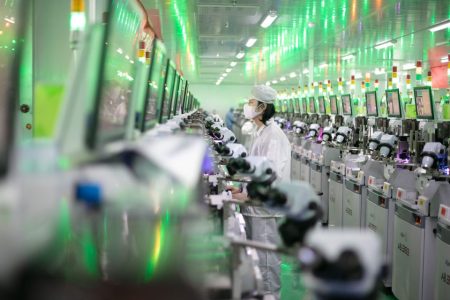Beijing has unveiled an action plan for global governance of artificial intelligence (AI) that proposes the establishment of a new international governance body to be headquartered in Shanghai, multiple media outlets are reporting.
Premier Li Qiang made the announcement at the World Artificial Intelligence Conference (WAIC) in Shanghai on Saturday. The move came days after US President Donald Trump unveiled a national AI plan, focused on expanding US technology’s influence overseas.
Analysts say the two global powers are building opposing AI blocs. “China clearly wants to stick to the multilateral approach while the US wants to build its own camp, very much targeting the rise of China in the field of AI,” noted George Chen, partner at the Asia Group and co-chair of its digital practice.
[See more: For the first time ever, there are now more top scientists in China than the US]
Li said that China’s proposal was part of its broader “AI Plus” strategy, aimed at integrating AI across Chinese industries and offering support to developing nations, particularly in the Global South. The action plan also called for cross-border collaboration and the creation of an open-source AI community.
“Overall global AI governance is still fragmented,” the premier noted. “Countries have great differences particularly in terms of areas such as regulatory concepts and institutional rules. We should strengthen coordination to form a global AI governance framework that has broad consensus as soon as possible.”
This year’s WAIC, which winds up tomorrow, features over 800 companies showcasing more than 3,000 high-tech products, 40 large language models, 50 AI-powered devices and 60 intelligent robots. Major Chinese players in attendance included Huawei and Alibaba, along with the humanoid robot maker Unitree. US firms Tesla, Amazon and Alphabet were also represented.






